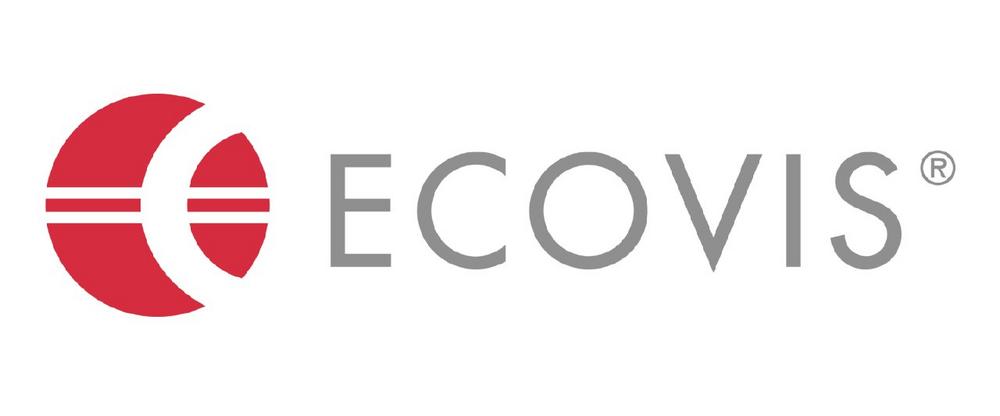The Draft does not change the current framework; it improves the regulatory measures and fills the gap in the current regulations. The proposed changes are extensive and will have an impact on companies doing business in China, the Ecovis experts explain.
- Scope of controlled items widened
The scope of controlled items in the Draft is open. These include dual-use items, military products, nuclear and other goods, technology and services “related to international obligations or national security”. The scope of controlled items is also extended to include a “related service”. Under current regulations, this is only included in the control of military products. The controlled items in other regulations are equipment, materials, supplies, technologies, etc.
[*]Regulated actions extended
According to article 2 of the Draft, regulated actions include the transfer of controlled items from China to foreign countries and provision by Chinese citizens, legal persons and other organisations to foreign natural persons, legal persons and other organisations. The regulated actions in the Draft are extended from geographical cross-border transfer to cross-border transfer in terms of nationality. In addition, when the controlled items are transferred outside China, this may also be subject to Chinese export control. Article 45 of the Draft stipulates that re-export shall be regulated in accordance with this law.
[*]Regulatory measures diversified
Under the current regulations, the regulatory measures are relatively simple. Export operators need to be registered and authorised and each export project approved. The Draft provides diversified regulatory measures. In addition to the current measures, the controlled items may be generally prohibited from export or from export to specific natural persons, legal persons and other organisations. The Draft also requires monitoring of the end use after export, such as submitting end user and end use certificates, end user commitment not to change the end use or transfer to a third party without permission and the export operator’s obligation to report a change of end user or end use.
At the same time, the Draft also provides simple control measures. If an export operator has a working internal compliance review system and there is no record of major violations, the responsible department may grant facilitation measures to the export operator which can replace the approval.
[*]Higher compliance requirements for export operators
According to the Draft, in addition to control lists, export operators must apply to the responsible departments for approval if they know, should know or are notified that particular risks may occur. Compared with current regulations, there are now increased compliance requirements for export operators.
[*]Investigative powers of the responsible departments increased
Currently, only the regulations controlling dual-use nuclear items stipulate that the Ministry of Commerce can implement investigative measures. The Draft gives the responsible departments the power to take a variety of measures including entering into business premises, interviewing relevant personnel, checking and copying transaction and financial documents, inspecting vehicles, sealing or seizing items, checking bank accounts etc.
[*]Assistance from other enterprises included in the scope of punishment
Even if they are not the operators of dual-use items, military products, nuclear products and other controlled items, other enterprises who provide assistance to anyone violating the rules should also bear legal responsibility. Article 37 of the Draft stipulates that the responsible export control or customs departments have the right to punish those who are aware of any export control violation but still provide services such as agency, freight, delivery, customs declarations, third-party e-commerce trading platforms and financial services.
Suggestions for companies in relation to the new developments in export control
To cope with above developments in export control, we suggest that companies implement the following measures:
- Export operators should follow closely the control lists published by the authorities and check whether their exported goods are included. Where the exported items are not included in the control lists but may be used in connection with controlled items, export operators must consult the responsible departments for confirmation.
- Companies are advised to strengthen compliance management. The scope of compliance management should cover the traded items, their end use and the business activities of their partners.
- Other enterprises that do not operate controlled items should also pay attention to the export control law. Companies are advised to check a customer’s field of business. If this involves controlled items, it is necessary to check whether the customer has obtained operating qualifications and whether each batch of export items has been approved.
For further information please contact:
Pingwen Hu, Certified Public Accountant, CPA, ECOVIS Ruide Certified Public Accountants Co., Ltd., Shanghai, China, Email: pingwen.hu@ecovis.cn
In cooperation with Qiao Wenbao, Partner/Attorney-at-law, DeBund Law Offices, Shanghai, China
Ecovis is a leading global consulting firm with its origins in Continental Europe. It has over 7,500 people operating in over 75 countries. Its consulting focus and core competencies lie in the areas of tax consultation, accounting, auditing and legal advice.
The particular strength of Ecovis is the combination of personal advice at a local level with the general expertise of an international and interdisciplinary network of professionals. Every Ecovis office can rely on qualified specialists in the back offices as well as on the specific industrial or national know-how of all the Ecovis experts worldwide. This diversified expertise provides clients with effective support, especially in the fields of international transactions and investments – from preparation in the client’s home country to support in the target country.
In its consulting work Ecovis concentrates mainly on mid-sized firms. Both nationally and internationally, its one-stop-shop concept ensures all-round support in legal, fiscal, managerial and administrative issues.
The name Ecovis, a combination of the terms economy and vision, expresses both its international character and its focus on the future and growth.
ECOVIS AG Steuerberatungsgesellschaft
Ernst-Reuter-Platz 10
10587 Berlin
Telefon: +49 89 5898-266
Telefax: +49 (30) 310008556
http://www.ecovis.com
ECOVIS AG Steuerberatungsgesellschaft*
Telefon: +49 (89) 5898-266
E-Mail: gudrun.bergdolt@ecovis.com
![]()
